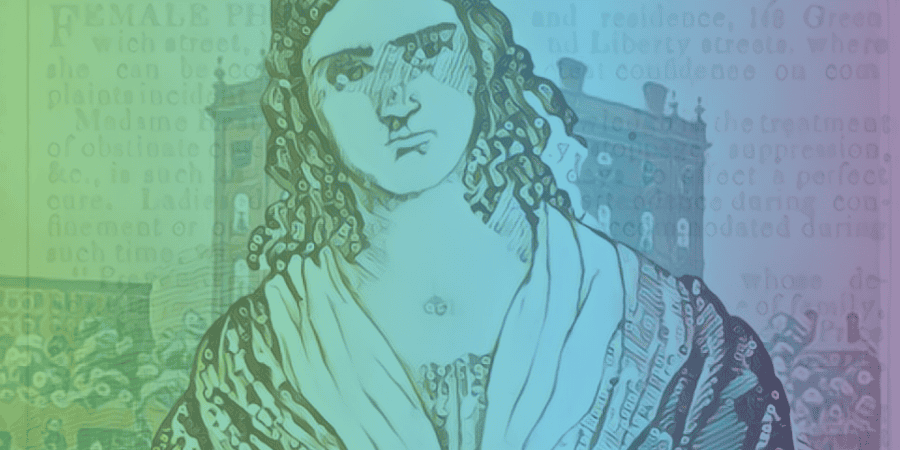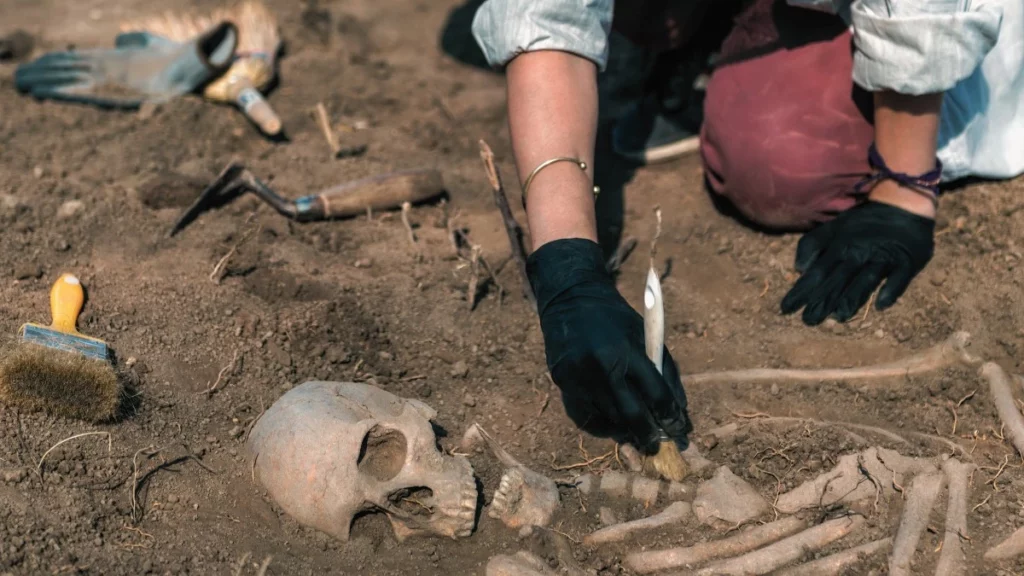Key Takeaways
- Madame Restell, also known as Caroline Ann Trow Lohman, was a 19th-century midwife and abortion provider who defied societal norms to help women make choices about their bodies.
- Restell faced numerous legal battles throughout her career, including charges of administering noxious medicine and procuring miscarriages. She was often portrayed as a cold-hearted murderer, but also had an elaborate network of midwives, doctors, and other professionals who helped her provide safe and affordable reproductive health care to women.
- Restell's legacy is complex and controversial. On one hand, she provided crucial reproductive health services to women who had few options for safe and affordable care. On the other hand, her methods were often unsafe, and her business practices were often unethical. Her advocacy for women's rights was also tempered by her belief that women should only have access to reproductive health services if they were married and financially stable.
- Restell's story is a reminder of the ongoing struggle for reproductive rights and the complex history of reproductive health care in the United States.
- The current debates around reproductive rights, especially in the wake of the Supreme Court's decision to overturn Roe v. Wade, make Restell's story and legacy all the more relevant today.
In 2022, the Supreme Court overturned Roe v. Wade, eliminating a woman’s constitutional right to decide whether she wants to terminate a pregnancy.
The decision has sparked heated debates among Americans and reignited discussions about the history of reproductive rights.
One name that often comes up in these discussions is Caroline Ann Trow Lohman, also known as Madame Restell.
She was a 19th-century midwife and abortion provider who defied societal norms to help women make choices about their bodies.
Early Years
Madame Restell was born in 1812 in England and relocated to New York in 1831, accompanied by her spouse and child.
Upon her husband’s passing, she wed Charles Lohman, a local printer, who inspired her to establish her traditional medical practice at 146 Greenwich Street in Lower Manhattan.
Initiating her advertising campaign with an announcement in the New York Sun in March 1839, Restell started promoting her services in the city’s daily newspapers.
She provided age-old treatments such as tansy oil, derived from a plant and utilized since the European Middle Ages for ending pregnancies, as well as spirits of turpentine extracted from pine resin.
If these methods proved ineffective, Restell offered surgical abortions at variable rates according to the patient’s social standing.
In 1845, New York State altered the law, making it illegal to aid in terminating a pregnancy at any stage, with the offense punishable by a year in prison.

Legal Battles
Between 1839 and 1877, Restell faced arrest on a minimum of five occasions and spent considerable time behind bars.
In 1840, she was apprehended after the spouse of 21-year-old Maria Purdy accused Restell of poisoning his wife when she sought assistance in terminating an unwanted pregnancy.
Maria Purdy had claimed to be only three months pregnant, which was within the legal timeframe for abortion.
Restell faced charges of “administering harmful medicine to Purdy… … and causing her miscarriage through the use of instruments, without the necessity to save her life.”
Local media that opposed abortion portrayed Restell as a “fiend in human form” and blamed her for “one of the most diabolical acts ever committed in a Christian nation.” They accused her of threatening marriage and motherhood, promoting immorality and adultery, and fostering prostitution.
In response, Restell published an advertisement in the New York Herald, offering $100 to anyone who could demonstrate that her medicinal concoctions were detrimental.
George Washington Dixon, publisher of the Polyanthos and Fire Department Album newspaper, spearheaded the campaign against Restell.
Initially found guilty in her first trial, Restell’s conviction was overturned on appeal when Maria Purdy’s dying declaration regarding her own abortion was deemed inadmissible.
Upon retrial without Purdy’s testimony, Restell was acquitted. Subsequently, she broadened her mail-order business and opened branches in Boston and Philadelphia.
In 1845, New York State altered the law, making it illegal to aid in terminating a pregnancy at any stage, with the offense punishable by a year in prison.
Under this new legislation, women seeking abortions could be subjected to a $1,000 fine and imprisonment for three to twelve months.
In 1846, Dixon incited a mob outside Restell’s Manhattan residence, where protesters shouted, “Hanging’s too good for her!” and “This house is built on babies’ skulls.”
In 1847, Restell faced arrest once more when Maria Bodine, a woman she had helped with an abortion, experienced post-operative complications, leading a doctor to report Restell to the authorities.
Bodine testified against Restell in court, resulting in a guilty verdict for “misdemeanor procurement” and a one-year jail sentence.
Following her release, Restell vowed not to perform any more surgical abortions.
Subsequent Legal Battles
Despite her promise, Restell continued to provide reproductive health services.
In 1856, she was arrested again and charged with abortion and infanticide.
During the trial, it was revealed that Restell had performed more than 50,000 abortions over the years.
She also had an elaborate network of midwives, doctors, and other professionals who helped her provide safe and affordable reproductive health care to women.
However, the prosecution portrayed her as a cold-hearted murderer who killed infants and mothers for profit.
The trial ended in a hung jury, but Restell was charged again in 1857.
This time, the prosecution had a stronger case, and Restell was found guilty of multiple counts of abortion and infanticide.
She was sentenced to six years in prison, but she was released after only two years due to poor health. Restell continued to operate her business until her death in 1878.
Impact of Restell’s Legacy
Restell’s legacy is complex and controversial. On one hand, she provided crucial reproductive health services to women who had few options for safe and affordable care.
She also advocated for women’s rights and was a vocal opponent of the Comstock laws, which made it illegal to distribute information about contraception and abortion.
On the other hand, Restell’s methods were often unsafe, and many of her clients suffered complications or died as a result of her procedures.
She also operated in a legal gray area, and her business practices were often unethical. Additionally, her advocacy for women’s rights was tempered by her belief that women should only have access to reproductive health services if they were married and financially stable.
Restell’s legacy continues to be debated to this day. Some see her as a trailblazer who fought for women’s rights and provided essential health care services to those in need.
Others view her as a criminal who profited off of women’s desperation and put their lives at risk.
Regardless of one’s opinion, Restell’s story is a reminder of the ongoing struggle for reproductive rights and the complex history of reproductive health care in the United States.








